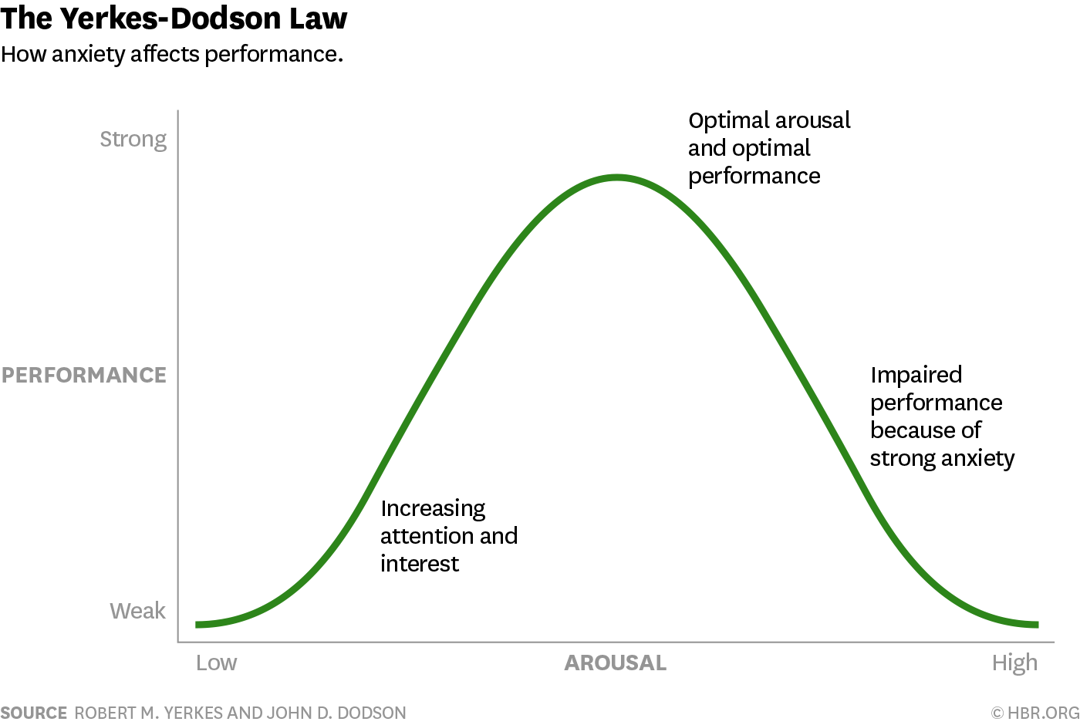The Optimal Way to Prepare Before Exam Day (+Checklist)
Author: Nelson Luo (Founder & Principal)
- Ex-North Sydney Boys (Rank 1st NSW)
- 98.20 ATAR (Australia's Top 2% )
- 100% UNSW Co-Op Scholarship Recipient
- Student Mentor of 100+ students
I remember this exact moment 1 month and 3 days before my first HSC exam.
My foot tapping incessantly at the empty dinner table, sweaty fingertips fumbling the wooden chopsticks, the mantel clock pounding monotonously into my ear.
I just arrived home at around 10pm after studying in Chatswood Library, until the librarian kicked me out to close for the day. My mother’s noodles waited for me on the kitchen counter, cold and clumped together.
I remember my mother’s creased eyebrows, staring directly into my eyes with concern, as I averted my gaze away with a shallow smile, grabbing a bowl from the cupboard. She always waited for me at home after my late hours of studying.
“It will be over before you know it, son. Don’t worry, just relax.”
But to me, it felt like the inevitable march of time inched closer with every bite into my noodles.
(I took this photo to document my HSC journey, remembering this exact day)
Preparing for an exam, whether it was just a normal class topic test, or a final term assessment, was never an easy ride for me. Perhaps I was never a natural at remaining level headed, with doubts, anxiety and fear clouding over me both consciously and subconsciously.
Yet funnily enough, it was only after my last HSC exam where I came to realise that exam nerves aren’t actually a bad thing. Well, too much of it is not great either–it’s about optimally balancing it for peak performance.
Stress Arousal Balance
According to what is known as “The Yerkes-Dodson law,” performance increases with physiological or mental arousal (stress) but only up to a certain peak. When the level of stress becomes too high, performance decreases.
Reflecting back on my HSC experience, studying at times felt paradoxical. The feeling of the grind which often felt theoretically productive yet mentally draining. I knew this gruelling cycle of self-imposed study ambition was driving my stress levels high.
Imagine this–you are stressed because of your exams, and you can’t sleep. Then, you’re stressed about being stressed which loses sleep, which makes you even MORE stressed!
Meditation & Finding Your ‘Why’
Thankfully, I took a step back from the grind that ultimately led me to a path towards burnout. During the months leading up to my exams, I prioritised daily meditation and non-negotiable daily exercise, as a mental “reset” that ultimately provided me a sense of clarity.
One question that I always meditated on was this:
“Why am I studying? What is the purpose of studying?”
I’m sure many of you students have asked yourself this question too, at least once.
It’s normal.
Once you find out your ‘why’ for studying, an overwhelming sense of fulfilment can overcome you as you self-internalise your progression towards your goals. This internalisation is powerful–it provides you with a sense of purpose, drive, and ultimately satisfaction in every question, practice paper, and revision session you do.
This is what happened to me, and that’s what pulled my stress levels down to optimal, peak performance.
Now, at NL English Academy, we believe in the importance of role models for ambitious, kind, and forward-thinking young students, who we believe will have a positive impact in the future. This is why we have our NL Changemaker Scholarship.
This is my 'why', and the core of the NL English Academy philosophy.
The Effective OC & Selective Test Exam Preparation Checklist
Students, as you inch closer to your exams, your mental performance the day before, between, and during exams is imperative.
Upon reflection and introspection, I’ve created an exhaustive checklist below that encapsulates my thought processes I considered 1 day before an exam, the morning of an exam, between exams (if applicable) and after an exam. By this time, all theory content and exam technique strategies should ideally be fully absorbed through revision over time using a strong study strategy. For the NL English Academy students reading this, I am referring to the lesson content theory boxes in each weekly lesson that you have covered throughout the term programs.
Please do note that a few points on the checklist have been slightly altered to better suit younger students. Whilst the below points did work quite well in my favour, it would be unwise to assume that it will work for everyone else too. Therefore, I strongly suggest that students try out different strategies for themselves to find out which ones individually suit you best.
Day Before Exam
Morning of Exam
Between Exams (Recess/Lunch)
After the exam, try to refrain from discussing the exam immediately afterward to prevent unnecessary worrying. Engage in activities you enjoy to unwind and ease post-exam tension, and make sure you celebrate that it’s over!
Lastly, whether you are taking the OC, Selective, HSC, or just a topic quiz at school, don’t forget to thank your parents for their unconditional love and support. Whatever the outcome of any exam is, please show your parents gratitude and appreciation however you can, for their efforts supporting you alongside your journey of lifelong learning. Your parents are the only people who will sacrifice their own interests in order to see you flourish.
If they are reading this article with you, or sharing this article with you, they have the very best interests in you, to improve and surpass them later on in life.
For any students that have read up to here, please do me a favour. Once you finish reading these last few lines, please approach your parents afterwards and tell them the following:
“Thank you for supporting me. I really appreciate you.”
Trust me, it will go a long way. Wishing you all the best for your studies and beyond!
Thank you,
Nelson Luo
Founder & Principal, NL English Academy
References: Gino, F., 2016. Are you too stressed to be productive, or not stressed enough? Harvard Business Review, 14 April. Available at: https://hbr.org/2016/04/are-you-too-stressed-to-be-productive-or-not-stressed-enough
We're proud to be the main sponsor of North Sydney Boys High School Football Club.
- Since 2025 ❤️
© 2025 NL English Academy. All Rights Reserved | Privacy Policy | Terms & Conditions |





